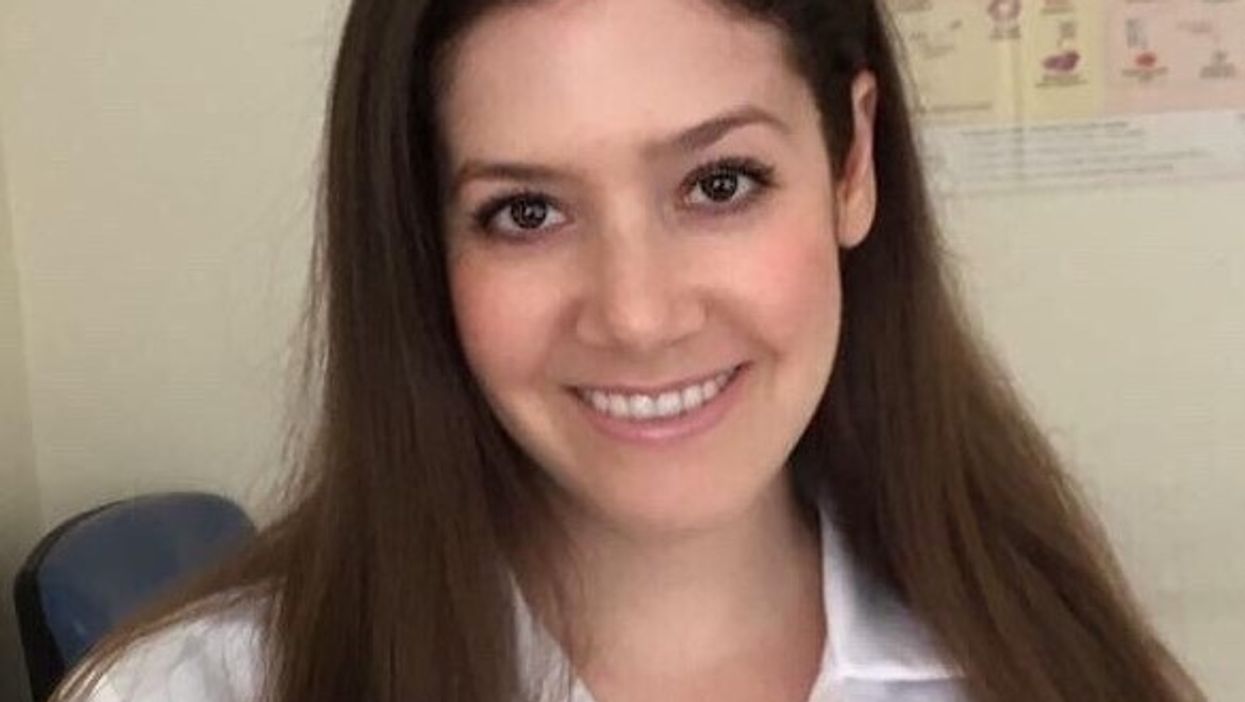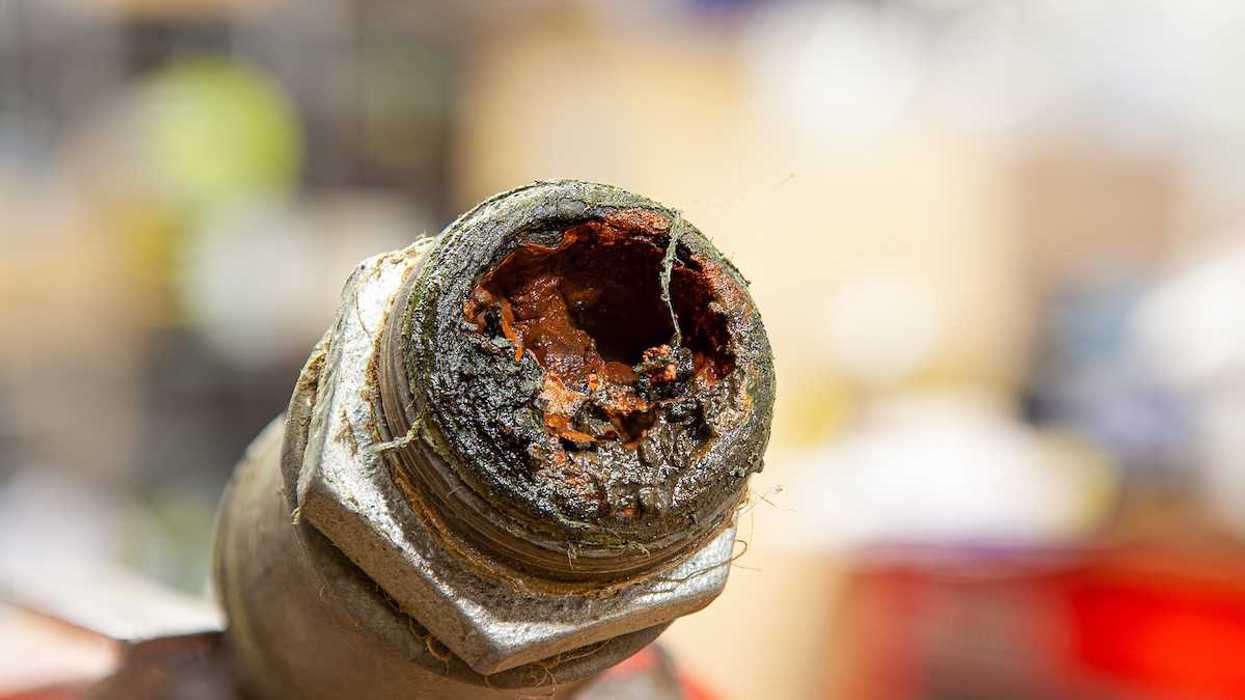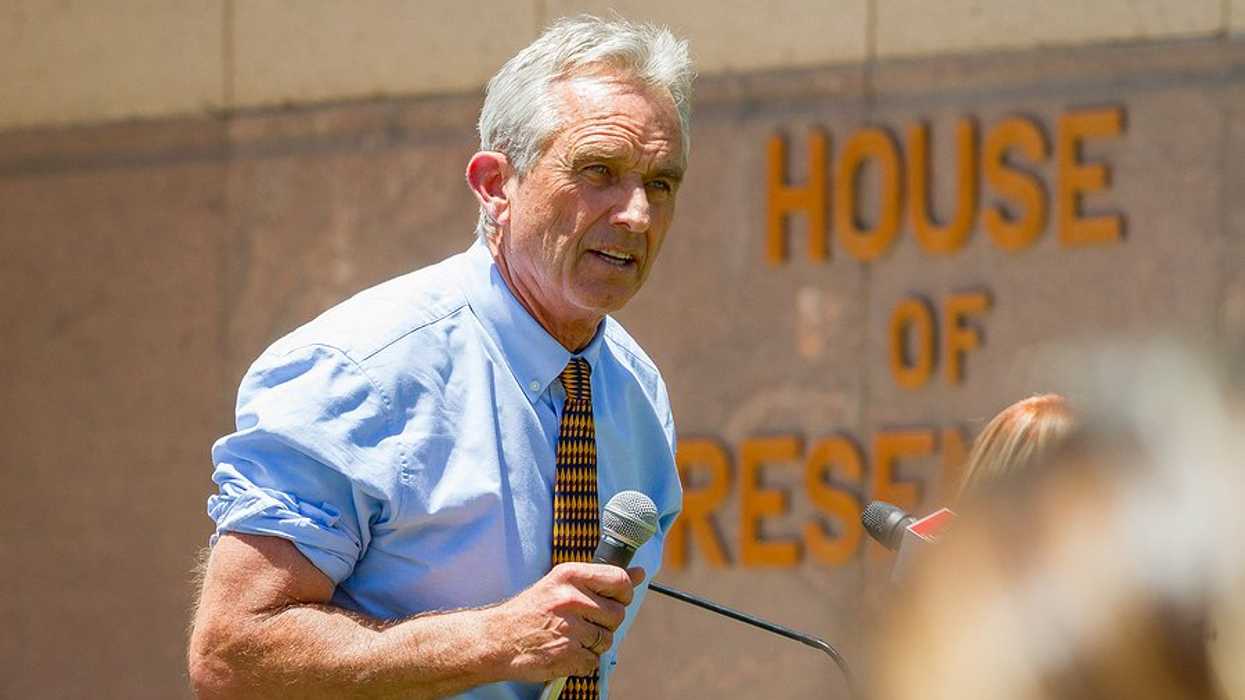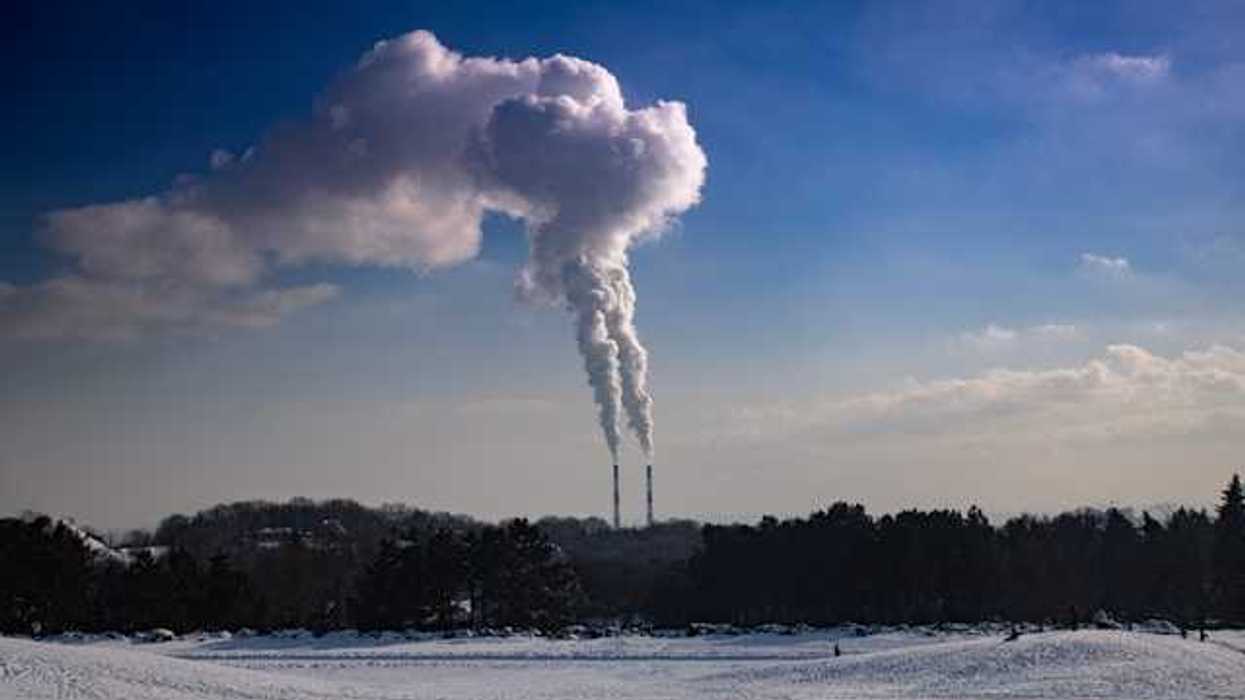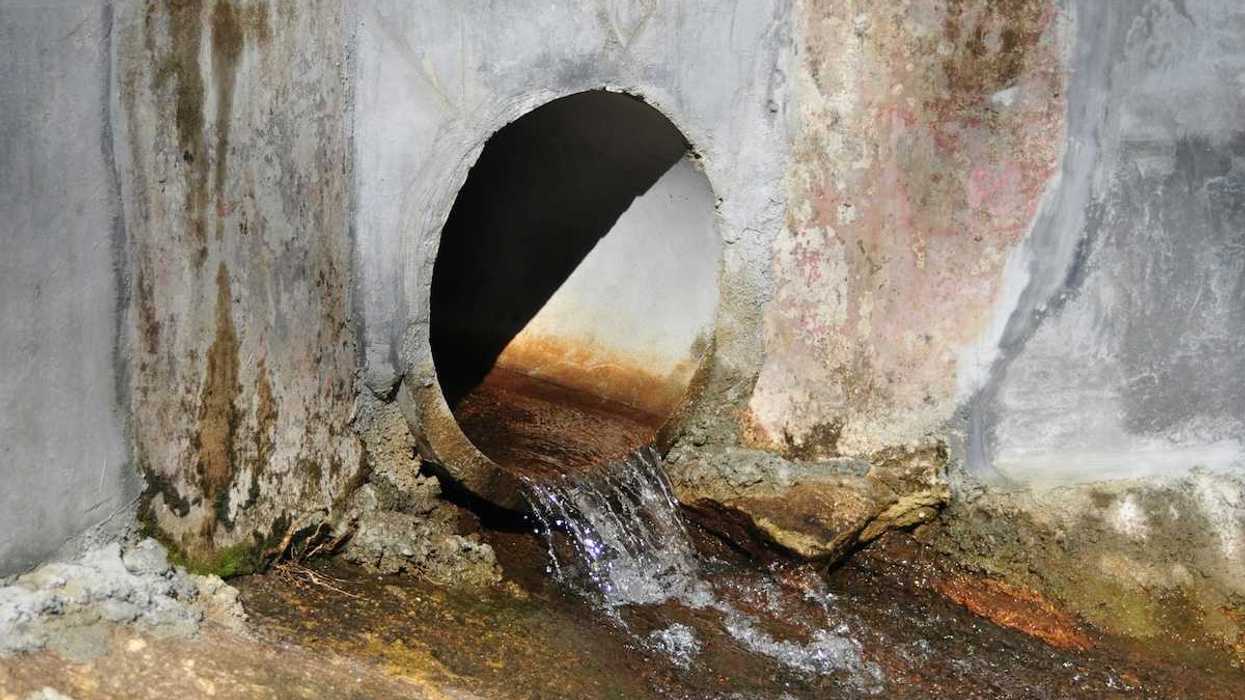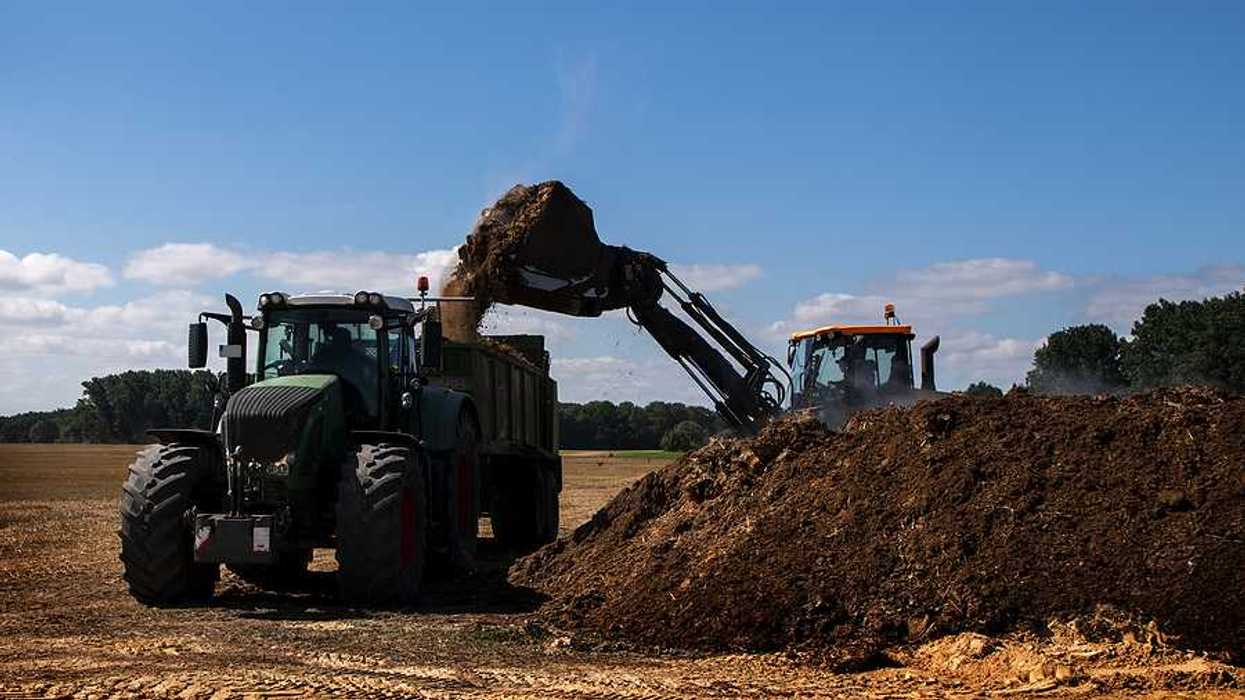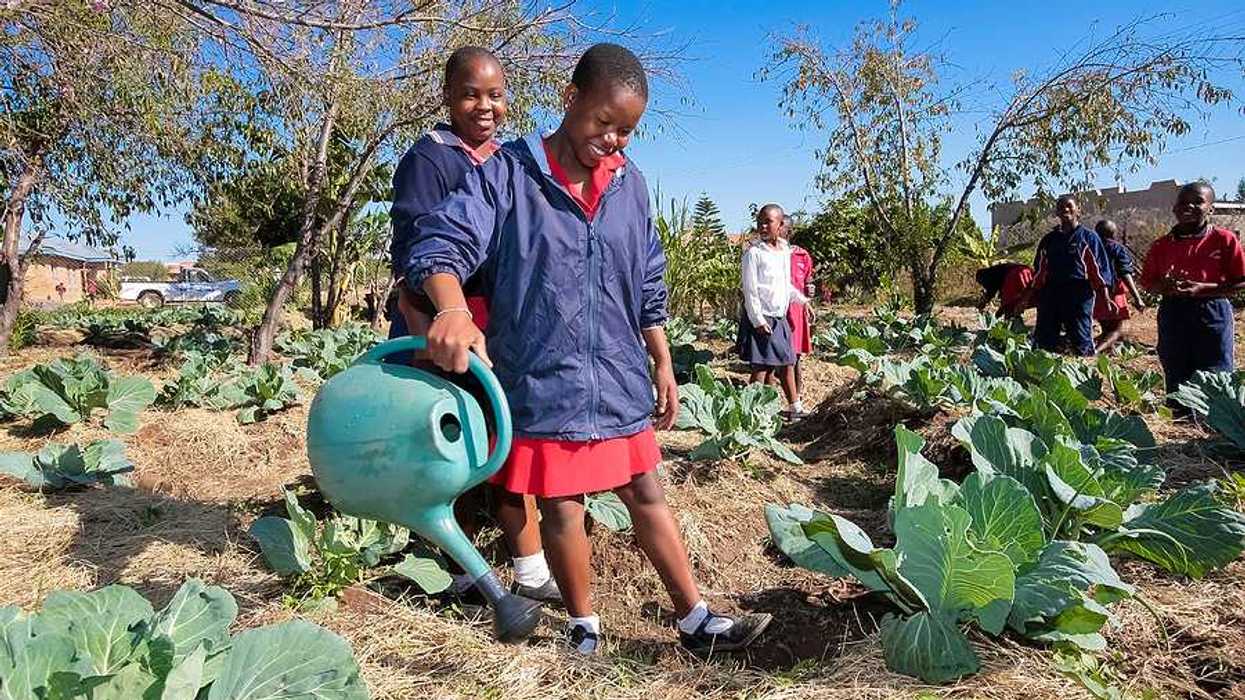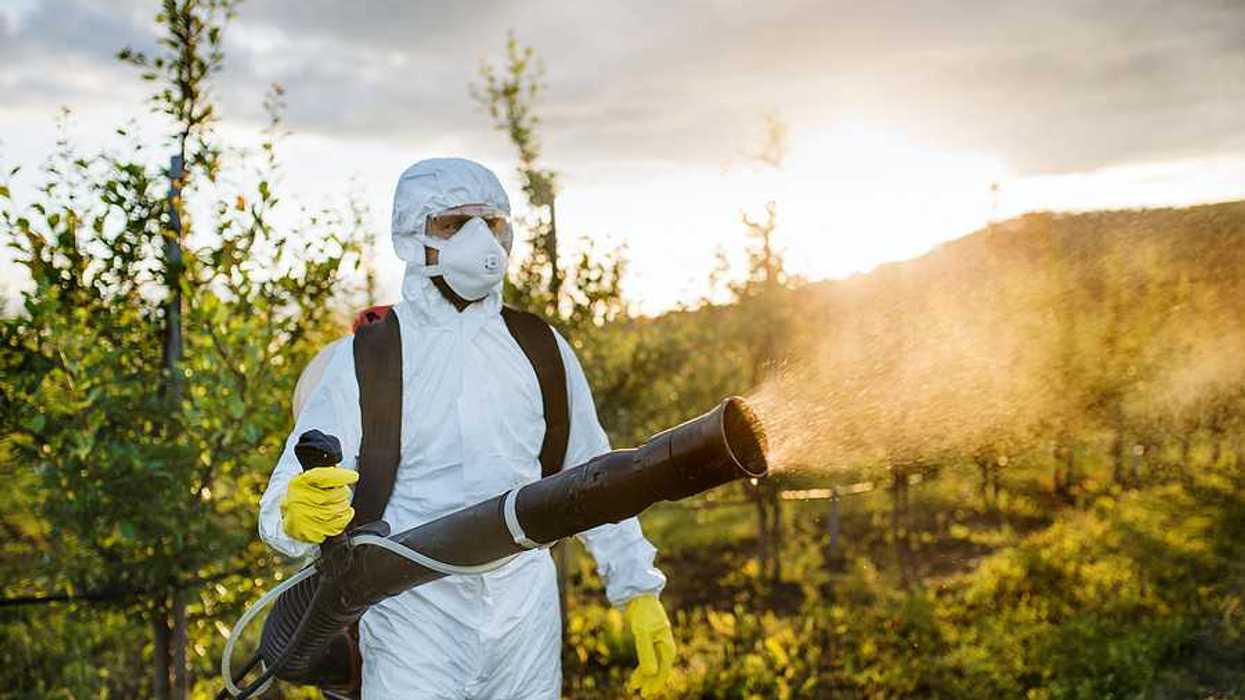In this video, Dr. Ashley Malin recounts her path to becoming a public health scientist and psychologist, facing a life-altering disease along the way.
Watch to learn how Dr. Malin's determination led to publishing research in an under-studied field, linking low-level sodium fluoride exposure and neurodevelopment.
Ashley Malin, PhD., Department of Environmental Medicine and Public Health, Icahn School of Medicine at Mount Sinai
Dr. Malin is a post-doctoral fellow in the Department of Environmental Medicine and Public Health at the Icahn School of Medicine at Mount Sinai. She is committed to asking critical public health questions in order to help improve people's health and well-being. Trained as both an environmental health scientist and a psychologist, she approaches these questions with a unique lens. Dr. Malin's current research focuses on examining potential neuro-endocrine effects of fluoride exposure as well as the role of early-life nutrition in nervous system development. She obtained her PhD in clinical psychology at York University in Toronto, Canada.
Read Dr. Malin's study mentioned in the video here.
Follow Dr. Malin on Twitter: @AshleyJMalin

